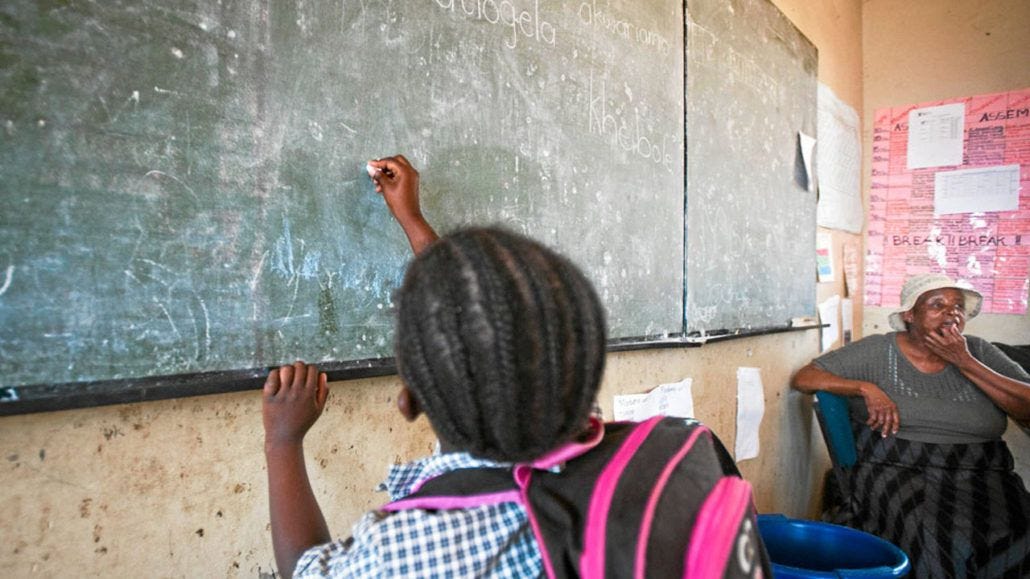Progressive Education Has Failed
In the '90s, South Africa got caught up in the ideological warfare of western education.

We put in place a progressive philosophy of education - or, Outcomes Based Education (OBE) - and meaningful curriculum was subsumed in a storm of paperwork, group-work, child-based learning, all of which left the average working class kid completely bewildered.
As usu…
Keep reading with a 7-day free trial
Subscribe to Chris Waldburger to keep reading this post and get 7 days of free access to the full post archives.


